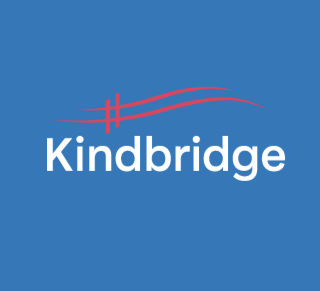About AWA: Adolescent Wellness Academy
LegitScript-certified Adolescent Wellness Academy is an adolescent behavioral health institution specializing in treating mental health and substance abuse in Davie, Florida. They have a therapeutic day treatment program and an intensive outpatient program to help teens overcome drug and alcohol addictions and manage co-occurring mental health conditions.
The therapeutic day program, otherwise known as a partial hospitalization program, combines drug rehab treatment services with educational support. When you sign up for this program, you’ll receive comprehensive care through individualized treatment plans designed by multidisciplinary treatment teams.
Their program is designed to be safe and welcoming. Adolescent patients will undergo group, individual, and family therapy sessions weekly. Parents also have access to a weekly parent support group and clinical support for crisis management. The length of stay before transitioning to the intensive outpatient program offered by the Adolescent Wellness Academy is four to 12 weeks.
You’ll be expected to attend individual and group counseling sessions after school with licensed therapists, board-certified psychiatrists, and care coordinators. Their therapies include dialectical behavioral therapy, acceptance and commitment therapy, and cognitive behavioral therapy.
This program has been specifically created to foster substance abuse recovery and help ease symptoms of mental health conditions. Attendance is expected three to five days weekly for patients and participation is required for 10 to 16 weeks.
The Adolescent Wellness Academy understands that parents are often concerned about how they will afford their adolescent child’s substance abuse and or mental health treatment. That’s why they are in-network with most major commercial insurance in Florida. Yet, before enrolling your child, it’s best to speak with your insurer and this center to confirm coverage and establish whether out-of-network benefits are applicable.
Latest Reviews
Rehab Score
Gallery
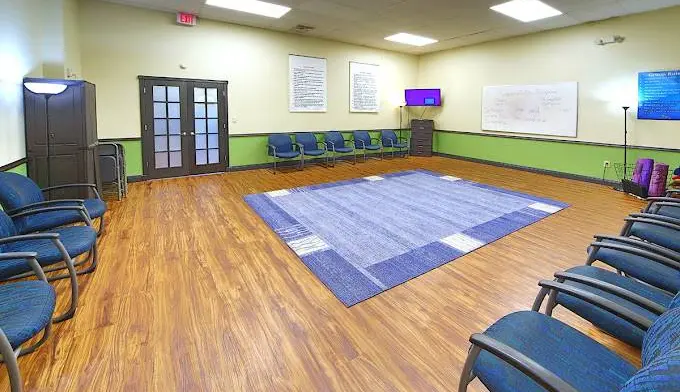
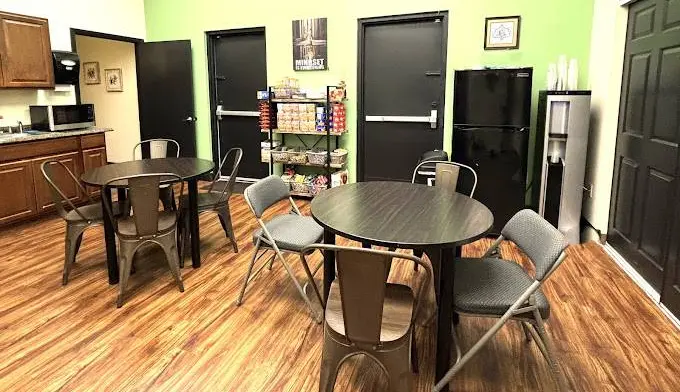
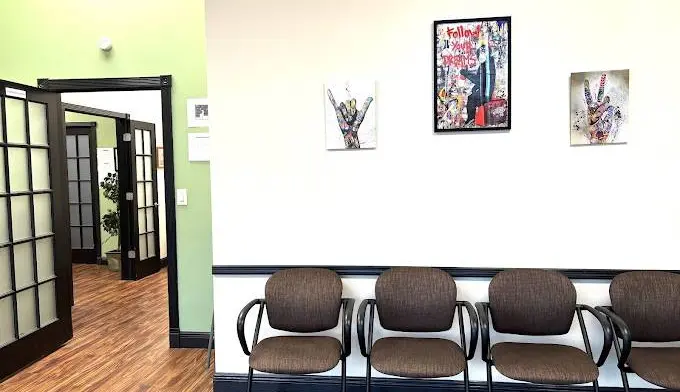
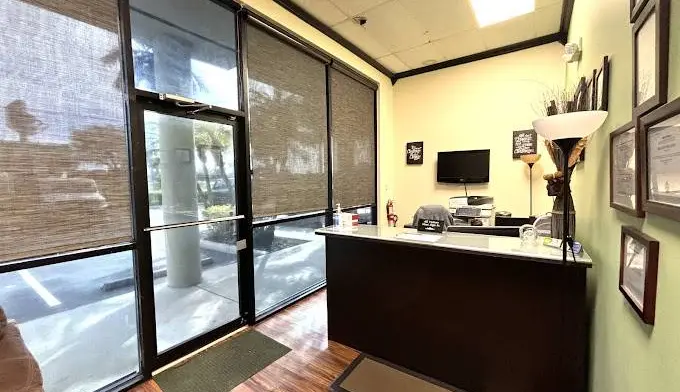
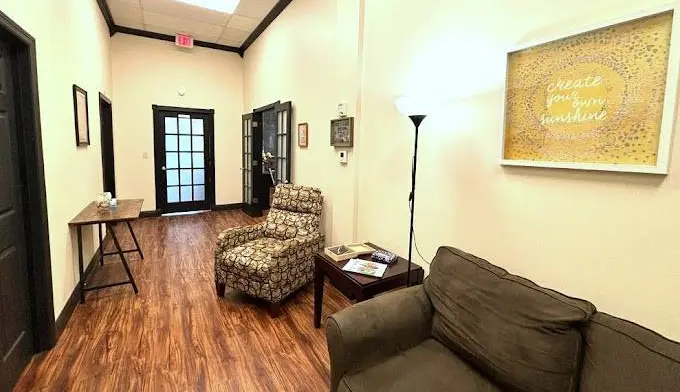
Location
Accepted Insurance
Other Forms of Payment
Private insurance refers to any kind of healthcare coverage that isn't from the state or federal government. This includes individual and family plans offered by an employer or purchased from the Insurance Marketplace. Every plan will have different requirements and out of pocket costs so be sure to get the full details before you start treatment.
Self-pay involves paying for treatment out of your own pocket. You can use savings or credit, get a personal loan, or receive help from family and friends to fund your treatment. If you don't have insurance or your insurance plan doesn't cover a specific program, self-pay can help ensure you still get the care you need.
Military members, veterans, and eligible dependents have access to specific insurance programs that help them get the care they need. TRICARE and VA insurance can help you access low cost or no cost addiction and mental health treatment. Programs that accept military insurance often have targeted treatment focused on the unique challenges military members, veterans, and their families face.
Addiction Treatments
Levels of Care
Treatments
A combined mental health and substance abuse rehab has the staff and resources available to handle individuals with both mental health and substance abuse issues. It can be challenging to determine where a specific symptom stems from (a mental health issue or an issue related to substance abuse), so mental health and substance abuse professionals are helpful in detangling symptoms and keeping treatment on track.
Programs

Clinical Services
Therapists who apply cognitive behavioral therapy in Florida believe patient thoughts and behaviors are closely linked. They use this treatment method to help clients change their thought patterns so they can also change behaviors and break free from substance abuse.
Dialectical behavior therapy in Florida consists of individual therapy and group instruction. This structured program is a form of psychotherapy that incorporates the development of skills for managing emotions and relationships.
Group therapy is any therapeutic work that happens in a group (not one-on-one). There are a number of different group therapy modalities, including support groups, experiential therapy, psycho-education, and more. Group therapy involves treatment as well as processing interaction between group members.
In individual therapy, a patient meets one-on-one with a trained psychologist or counselor. Therapy is a pivotal part of effective substance abuse treatment, as it often covers root causes of addiction, including challenges faced by the patient in their social, family, and work/school life.
As a short term therapeutic method, motivational interviewing in Florida requires only a couple of sessions. During these sessions, you'll have the opportunity to talk about your circumstances and any discrepancies between your current situation and future goals. You'll then decide for yourself what changes you want to make.
Trauma therapy helps you work through the psychological impact that traumatic events have had on your life. Your therapist helps you identify the physical, emotional, and mental triggers and develop coping mechanisms. This helps rebuild a sense of safety and trust in yourself and others.
During couples therapy in Florida, your therapist will take steps to get to know you, help you identify feelings, explore the past, develop solutions, and help you learn skills to manage relationship challenges. This process will allow you to work through conflict and strengthen your relationship.
Research clearly demonstrates that recovery is far more successful and sustainable when loved ones like family members participate in rehab and substance abuse treatment. Genetic factors may be at play when it comes to drug and alcohol addiction, as well as mental health issues. Family dynamics often play a critical role in addiction triggers, and if properly educated, family members can be a strong source of support when it comes to rehabilitation.
Amenities
-
Gym
-
Yoga Studio
-
Residential Setting
-
Private Rooms
Staff & Accreditations
Staff

Clinical Director

Assistant Clinical Director

Primary Therapist

Admissions Director

Admissions Coordinator

Business Development

Finance Manager

Administration
Accreditations

LegitScript has reviewed AWA: Adolescent Wellness Academy as part of their certification program, and has determined that it meets the LegitScript standards for legality, safety and transparency.
LegitScript verified in December 2020

State Licenses are permits issued by government agencies that allow rehab organizations to conduct business legally within a certain geographical area. Typically, the kind of program a rehab facility offers, along with its physical location, determines which licenses are required to operate legally.
State License: Florida

The Joint Commission, formerly known as JCAHO, is a nonprofit organization that accredits rehab organizations and programs. Founded in 1951, the Joint Commision's mission is to improve the quality of patient care and demonstrating the quality of patient care.
Joint Commission Accreditation: Yes
Contact Information
4343 South State Road 7
Suite 109
Davie, FL 33314










